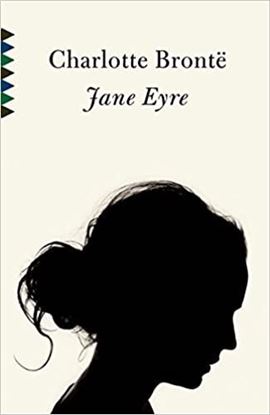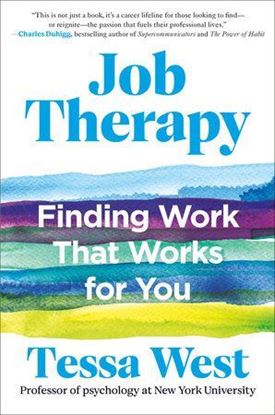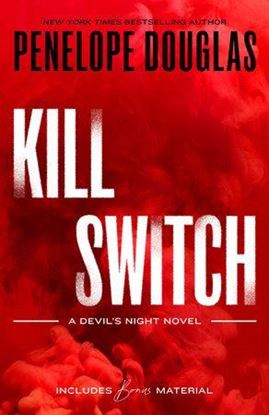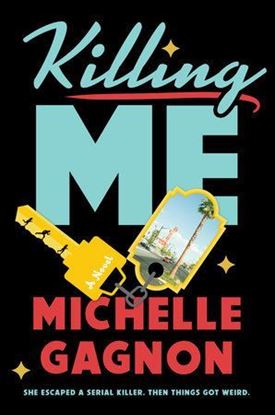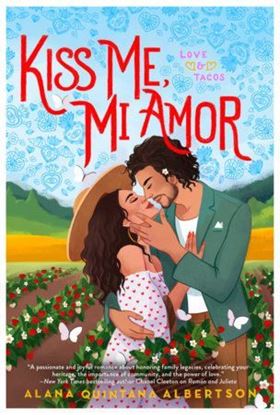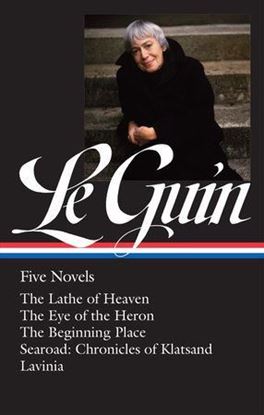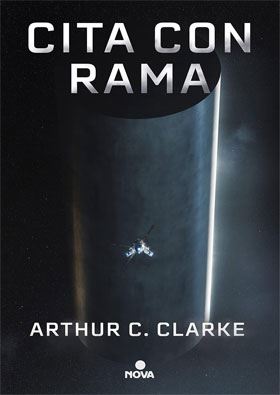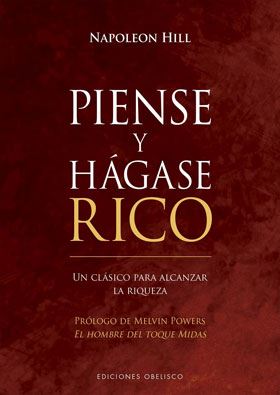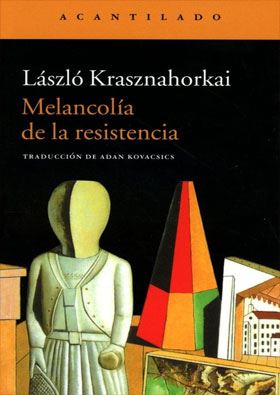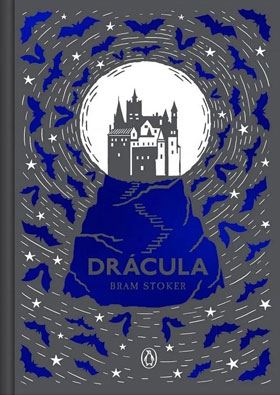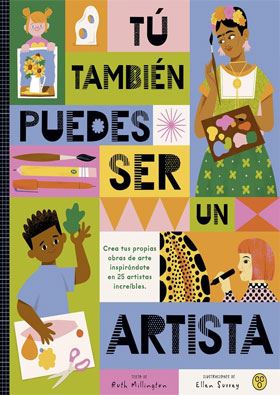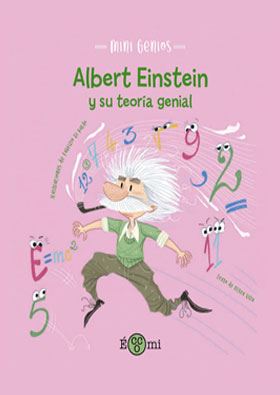

JANE EYRE (VINTAGE CLASSIC)
Charlotte Brontë's most beloved novel describes the passionate love between the courageous orphan Jane Eyre and the brilliant, brooding, and domineering Rochester. The loneliness and cruelty of Jane's childhood strengthens her natural independence and spirit, which prove invaluable when she takes a position as a governess at Thornfield Hall. But after she falls in love with her sardonic employer, her discovery of his terrible secret forces her to make a heart-wrenching choice. Ever since its publication in 1847, Jane Eyre has enthralled every kind of reader, from the most critical and cultivated to the youngest and most unabashedly romantic. It lives as one of the great triumphs of storytelling and as a moving and unforgettable portrayal of a woman's quest for self-respect.
650
JOB THERAPY
When we’re unhappy in our jobs, we often attribute our frustration to a bad manager, boring tasks, and stressful workloads. But our dissatisfaction at work usually stems from a deeper psychological need that’s not being met at work, like not getting the recognition you deserve.
In Job Therapy, Dr. Tessa West helps you figure out the real reason you’re unhappy and shows you how to find a new position in which you’ll thrive, whether in a different role, company, or new industry altogether.
1,450
KILL SWITCH. DEVIL'S NIGHT 3
Sending Damon to prison was the worst thing Winter could’ve done. It didn’t matter that he did the crime or that she wished he was dead. Winter thought he’d cool off in jail and be anything but the horror he was, or that at the very least she’d have time to disappear before he got out.
But she was wrong. Three years came and went too fast, and prison only gave him time to plan. And while Winter anticipated his vengeance, she didn’t expect this. He doesn’t want to make her hurt. He wants to make everything hurt.
Damon knows he needs to get rid of Winter’s father, giving her, her sister, and her mother nowhere to run. The Ashby women are desperate for a knight in shining armor. But that’s not what’s coming.
It’s time Damon took control of his future. It’s time he showed them all that he will never stop being the nightmare they think he is.
Damon won’t have to break into her home to do it.
As the new man of the house, he has all the keys.
995
KILLING ME (OF2)
She escaped a serial killer. Then things got weird.
Amber Jamison can’t believe she’s about to become the latest victim of a serial killer. She’s savvy and street smart, so when she gets pushed into, of all things, a white windowless van, she is more angry than afraid. Things get even weirder when she’s miraculously saved by a mysterious woman . . . who promptly disappears. Who was she? And why is she hunting serial killers?
You’d think escaping one psychopath would be enough, but Amber’s problems are just beginning. Her close call has law enforcement circling a past she’s tried to outrun. She’s forced to flee across the country, ending up at a seedy motel in Las Vegas with a noir-obsessed manager and a sex worker as her unlikely companions . . . and danger right behind. She’s landed in the cross hairs of the world’s most prolific killer, caught up in a deadly game that’s been going on for years. To survive, she is forced to dust off her old playbook and partner with someone she can’t trust. The odds are against her, but sometimes you just have to roll the dice.
500
KISS ME, MI AMOR
Enrique Montez, smooth-talking heir to the Taco King empire, is man enough to admit that he made a critical error when he underestimated Carolina Flores. The agricultural hotshot should have been an easy conquest—who would turn down the chance to partner with California’s largest fast-food chain? But instead of signing her name on the dotted line, Carolina has Enrique eating out of the palm of her hand, and when fate steps in with an unexpected opportunity, Enrique is willing to do whatever it takes to capture her heart.
Growing up as the daughter of farmworkers, Carolina spent her youth picking strawberries in the fields of Santa Maria and vowing to improve the lives of people like her parents. Now, as one of only a few Latina farm owners, she has no time for romance and she’s certainly not about to let the notorious Montez brother anywhere near her business—even if just being near Enrique makes her skin tingle.
But she is willing to let him help get her overinvolved family off her back. When Carolina’s father and her lovelorn sisters mistake Enrique for her (nonexistent) boyfriend, she reluctantly agrees to a series of pretend dates to their town’s traditional Mexican-American holiday celebrations. Soon the fake feelings turn real and both Carolina and Enrique must convince each other to take a chance on love before their vacation romance is over.
995
LE GUIN: FIVE NOVELS (LOA #379)
This 7th volume in the definitive Library of America edition of Ursula K. Le Guin’s works presents 5 remarkable standalone novels that showcase her boundless creativity and literary range.
In the Locus Award–winning The Lathe of Heaven (1971), one of Le Guin’s most admired works of science fiction, George Orr begins have effective dreams: dreams that change reality itself. But when he turns to the sleep researcher William Haber for help, the doctor sees an opportunity to use Orr’s strange gift for his own ends.
A former Terran prison colony on the planet Victoria seems destined for revolution in The Eye of the Heron (1978), when the authoritarian leaders in the City try to assert control over the peaceful farmers who have been sent to live around them.
The Beginning Place (1980) is a parable-like story in which Hugh and Irena have both found their way to the Beginning Place, a gateway to another world. The two initially become enemies, but must learn to work together when the utopia they’ve found turns out to have a shadow.
The long out-of-print Searoad: Chronicles of Klatsand (1991) is a Winesburg, Ohio-like series of linked stories set in a small vacation town on the Oregon coast, where some of the characters have come for a weekend and some for longer, but all are pilgrims in the grip of inexpressible longings.
2,500

